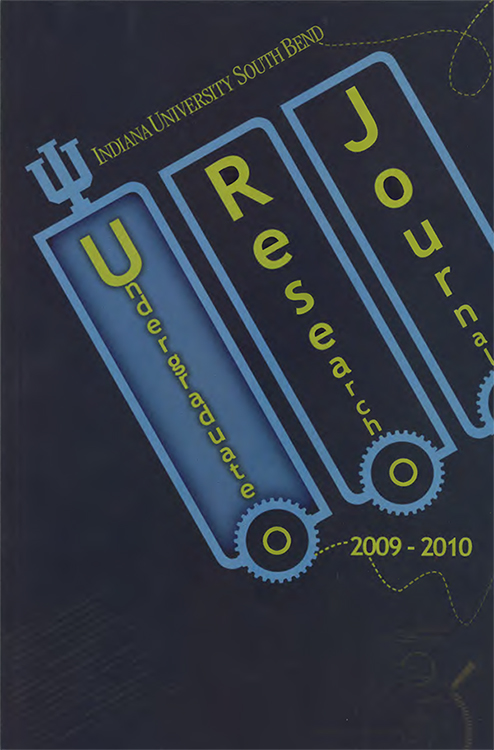Social Networks and Pull Factors in Migration Success: The Case of Hungary
Main Article Content
Abstract
Immigration is an important component of the global community. Historically, immigrants have provided necessary labor for many industries and influenced the cultures of numerous nations. Immigrants are especially important in nations where the population is in decline and the working class is nearing retirement. Nations such as this need a strong immigrant influx to counter the effects of population decline. Despite this, some nations, such as Hungary, take a conservative stance towards immigration, establishing laws and policies intended to make immigration more difficult if not discourage it entirely. This paper will analyze the case of Hungary, from its early attitude toward immigration, through the tumultuous years of the World Wars and Communist rule. An analysis of Hungary's pull factors (factors that entice immigration) will explain why it remains a nation of immigration, including economic factors, its geographical location, and its demographics. Following that analysis will be a look at how the European community has affected Hungarian immigration policies. Finally, this paper will provide an account of the Chinese immigrant community in Hungary, which has found success through the utilization of social networks.
Downloads
Download data is not yet available.
Article Details
Section
Articles
IUSB Student Journal Copyright Agreement
☐ I declare that this submission is my original work, and that it does not, to the best of my knowledge, infringe upon anyone's copyright.
☐ I agree that that [the journal] may, without changing the content, translate the submission to any medium or format for the purpose of preservation.
☐ The Undergraduate Research Journal may keep copies of my submission, and to translate it to any medium for future reproduction and distribution. I understand that I have the right to request that my submission be removed from IUSB online sources at any time by emailing Stephen Finlay, IUSB ScholarWorks administrator, at scfinlay@iusb.edu. Once I have made the request, the item in question will be taken down immediately.
